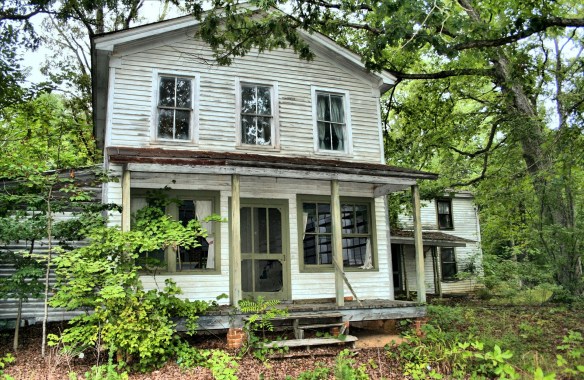US News & World Report quoted me in 5 Clues That You’re Dealing with a Predatory Lender. It opens,
Consumers are often told to stay away from predatory lenders, but the problem with that advice is a predatory lender doesn’t advertise itself as such.
Fortunately, if you’re on guard, you should be able to spot the signs that will let you know a loan is bad news. If you’re afraid you’re about to sign your life away on a dotted line, watch for these clues first.
You’re being offered credit, even though your credit score and history are terrible. This is probably the biggest red flag there is, according to John Breyault, the vice president for public policy, telecommunications and fraud at the National Consumers League, a private nonprofit advocacy group in the District of Columbia.
“A lender is in business because they think they’re going to get paid back,” Breyault says. “So if they aren’t checking to see if you have the ability to pay them back, by doing a credit check, then they’re planning on getting their bank through a different way, like offering a high fee for the loan and setting it up in a way that locks you into a cycle of debt that is very difficult to get out of.”
But, of course, as big of a clue as this is to stay away, it can be hard to listen to your inner voice of reason. After all, if nowhere else will give you a loan, you may decide to work with the predatory lender anyway. That’s why many industry experts feel that even if a bad loan is transparent about how bad it is, it probably shouldn’t exist. After all, only consumers who are desperate for cash are likely to take a gamble that they can pay back a loan with 200 percent interest – and get through it unscathed.
Your loan has an insanely high interest rate. Most states have usury laws preventing interest rates from going into that 200 APR territory, but the laws are generally weak, industry experts say, and lenders get around them all the time. So you can’t assume an interest rate that seems really high is considered normal or even within the parameters of the law. After all, attorney generals successfully sue payday loan services and other lending companies fairly frequently. For instance, in January of this year, it was announced that after the District of Columbia attorney general sued the lending company CashCall, they settled for millions of dollars. According to media reports, CashCall was accused of offering loans with interest rates around 300 percent annually.
The lender is making promises that seem too good to be true. If you’re asking questions and getting answers that are making you sigh with relief, that could be a problem.
Nobody’s suggesting you be a cynic and assume everybody’s out to get you, but you should scrutinize your paperwork, says David Reiss, a professor of law at Brooklyn Law School in New York.
“Often predators will make all sorts of oral promises, but when it comes time to sign on the dotted line, their documents don’t match the promises,” Reiss says.
And if they aren’t in sync, assume the documentation is correct. Do not go with what the lender told you.
“Courts will, in all likelihood, hold you to the promises you made in the signed documents, and your testimony about oral promises probably won’t hold that much water,” Reiss says. ” Read what you are signing and make sure it matches up with your understanding of the transaction.”



